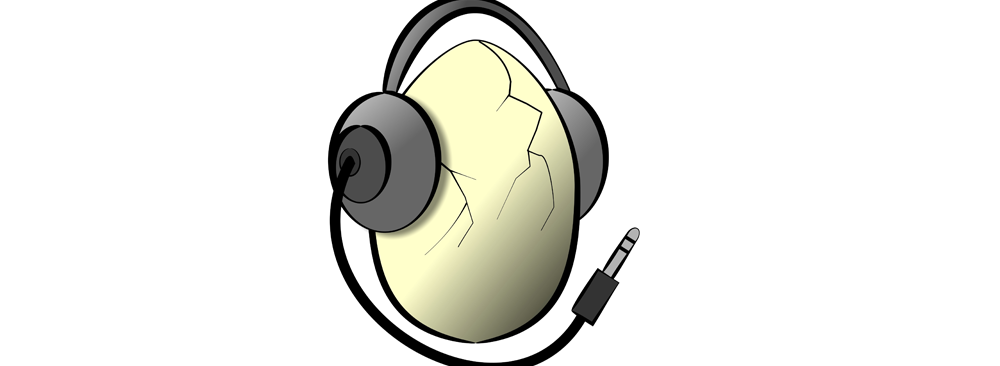What are the early signs of hearing loss?
There have been lots of viruses circulating in the last two weeks not just at Newington but in every school and in the community. Influenza Type B seems to be more prevalent at the moment with high fevers and sore aching legs and back. Whooping cough is also around and so are upper respiratory infections and chesty coughs.
To combat some of the symptoms, rest as much as possible, drink fluids, wash your hands with soap and see your Doctor if you have high fevers, productive cough or if you are concerned.
Next week is Hearing Awareness Week
About 37 per cent of hearing loss in Australia is caused by exposure to noise and is preventable.
How do our ears work?
Sound waves enter the ear and cause the ear drum to vibrate. These vibrations pass on to three little bones inside your ear which amplify the sound. The vibrations move into the cochlea, which is a fluid-filled spiral shape, lined by thousands of little hair cells. The sound is converted into nerve impulses and sent to the brain.
Hearing loss can be:
- Conductive – where the sound cannot pass from the outer ear to the middle ear for example if the ear is blocked with wax, a perforated ear drum or a build-up of fluids during an ear infection.
- Sensorineural – the sensitive hair cells within the cochlea are damaged from aging or injury
- A mix of both
Some of the early warning signs of hearing loss are:
- you can hear but not understand
- you find it hard to hear in noisy situations or groups of people
- you think people mumble
- you need to turn the TV up louder
- you don’t always hear the doorbell or the phone.
So what is considered ‘too loud”?
Sound is measured in decibels and eighty-five decibels (dB) is the level, above which hearing protection is recommended to avoid hearing loss. If you have to raise your voice to someone at arm’s length you are likely to be in an environment with a sound level above 85dB. The higher the noise level, the less time it takes for damage to occur.
A whisper is at 30dB, conversation is at 60dB and power tools from 80 – 120dB.
Noise can also affect your health causing sleep disturbance, high blood pressure, irritability and reduce your ability to focus.
5 ways to protect your hearing
M MP3 players can be too loud – turn it down
U Use chill out zones at festivals and clubs to take a break
S Stand back from speakers
I Invest in some noise cancelling headphones
C Carry some earplugs, they won’t block music out, just make it safer.
Once hearing is lost it’s gone for good. Too loud for too long is wrong.
There are some apps that can help monitor your exposure to loud noise such as
- SoundMeter+
- Play It Down
Why not book a free hearing test if you are concerned at www.hearing.com.au
Margaret Bates
College Nurse







